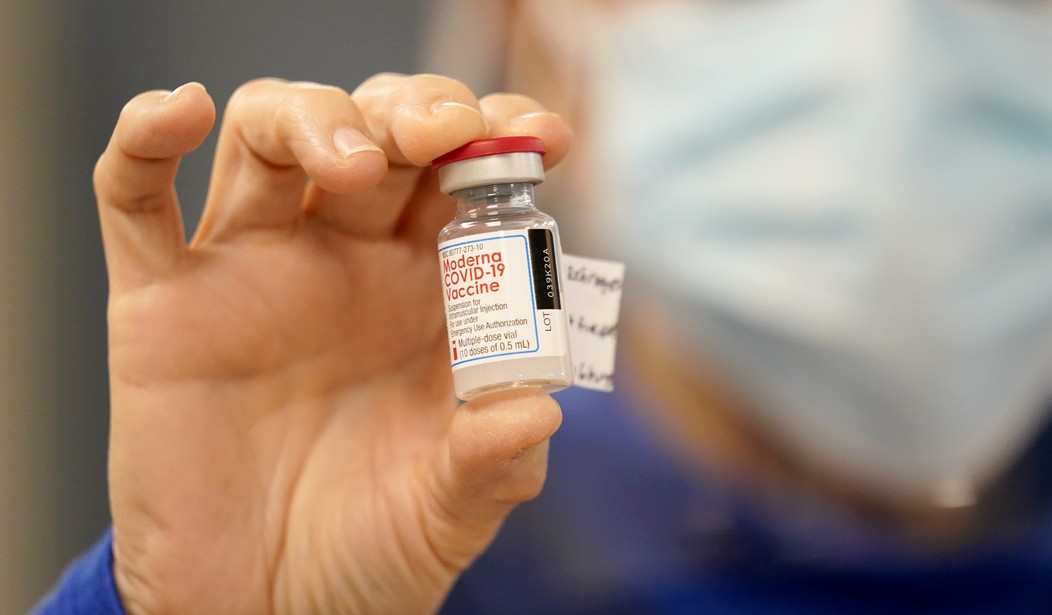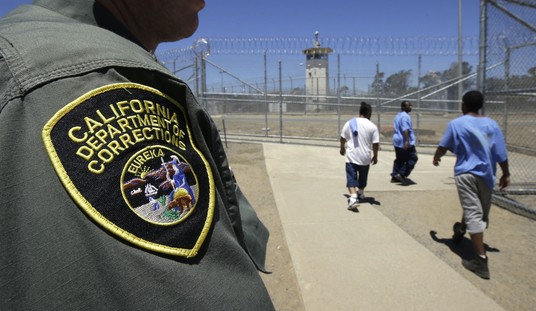San Francisco has one of the highest COVID-19 vaccination rates of cities in the United States. About 70% of the people in San Francisco are fully vaccinated. Now the city is wading into a hot button issue – COVID-19 vaccination mandates. San Francisco is mandating that all city employees be vaccinated against COVID-19 or be terminated.
San Francisco is the first major city to make such a requirement of its employees. The twist with the mandate is that it doesn’t go into effect until the coronavirus vaccines are fully approved by the Food and Drug Administration (FDA). This stipulation will likely help San Francisco avoid what some companies and schools are facing – lawsuits. The argument usually revolves around the fact that all of the COVID-19 vaccines are approved for emergency use. Pfizer and Moderna have applied for full FDA authorization. Full approval is likely months away.
Carol Isen, San Francisco’s director of human resources, points to the science and says the vaccine is the way for people to go.
“At this point we are focused on compliance and helping our employees see their way through to getting themselves vaccinated,” Isen said.
“What’s become clear in the science is that the vaccine is the best protection for our employees and for the public that we serve,” she added, according to local NBC affiliate KNTV. “So in order to allow our employees who have been vaccinated, and we believe that to be the majority of them, to work unmasked we have to know their status.”
When the time comes, city employees will have 30 days to prove they have been vaccinated, in keeping with Cal/OSHA regulations. Those who refuse may be terminated. There will be medical and religious exemptions. San Francisco has a history during the pandemic of requiring that workers wear face masks and firing those who don’t. The new rule is in effect for all city and municipal workers, including police and firefighters.
The San Francisco Police Officers Association Wednesday night offered its support, saying, “Throughout the pandemic, San Francisco police officers put their lives and their health on the line to protect our citizens. We understand the importance of keeping our officers and the public safe from COVID-19 on an ongoing basis.”
Not that long ago, the city of San Francisco let go some workers because they refused to wear masks, and Isen says it will enforce these new rules as needed, although, “Our emphasis is on education, working with our employees, listening to them and doing everything we can to help them overcome any hurdles they might have.” of requiring
Vaccination mandates are under legal scrutiny as we’ve seen in the case of Houston Methodist Hospital and for colleges and universities as with Indiana University. In the corporate world, some companies are moving forward with trying to find a balance between medical history privacy issues and safely reopening their offices. In order to have a more normal way of life, office workers need to get back to the workplace. This week Morgan Stanley announced it will ban unvaccinated employees from returning to their New York offices, and that includes clients, too.
Employees at the financial services firm were informed Tuesday they would be required to “attest to their vaccination status by July 1.” Additionally, the memo obtained by the Washington Examiner indicated that unvaccinated employees, clients, and visitors will not be permitted to enter the company’s New York City and Westchester offices.
Employees who aren’t fully vaccinated will be required to work remotely.
Chairman and CEO James Gorman said Monday that in-person work was key to Morgan Stanley’s services, adding if his employees can go to a New York City restaurant, they can come into the office.
“I would call it directionally very strong, without dictating, yet. But Labor Day, I’ll be very disappointed if people haven’t found their way into the office, and then we’ll have a different kind of conversation,” Gorman said in his keynote conversation at the Financials, Payments & CRE Conference.
Others are following the same path with their own requirements for vaccinated employees.
BlackRock, the largest asset management company worldwide, will require employees to report their vaccination status by June 30. Unvaccinated employees will not be allowed to resume in-person work when the office opens on a voluntary basis later this summer.
Bank of America said 70,000 of its employees have disclosed their vaccination status and plans to bring its staff back into offices after Labor Day. Plans for unvaccinated workers will be developed after the fall, CEO Brian Moynihan said in an interview earlier this month.
“After Labor Day, our view is all the vaccinated teammates will be back, and we’ll be able to operate fairly normally, and we’ll then start to make provisions for the other teammates as we move through the fall,” Moynihan said.
Goldman Sachs requires its employees to disclose vaccination status, and the status may be shared with supervisors. Employees who lie about their status are subject to firing and other disciplinary measures.
There’s a new app that will help with privacy concerns in providing proof of vaccination. The health app is being made available by Proxy, an identity technology company. It will allow employees to verify their vaccination status before entering the office without sharing personal health information. This can be a help to employers who are not confident in the honor system and eliminates the need to have an employee physically hand check vaccine cards. Most employers aren’t planning to require their employees to be vaccinated before going back to work. According to a survey done by insurance company Willis Towers Watson, only 28% of respondents said that they are or are considering some kind of vaccine requirement. Of that 28%, half will require proof. Most businesses are encouraging employees to get vaccinated by providing perks like cash bonuses or time off or special privileges.
After downloading the app to their smartphone and uploading a vaccine card or other proof, the employee taps their phone to an iPad serving as a check-in kiosk in the lobby or entrance to their office. This eliminates interaction with another employee.
“People want to get back to normal, they want to get their businesses back to normal, but they also don’t want to be increasing the risks to their employees,” said Denis Mars, Proxy’s co-founder and CEO.
“Every HR person or every person who’s responsible for an office is asking themselves, how do we do this safely and responsibly?” He said Proxy Health is the first vaccine verification app targeted specifically to businesses, “at least from this perspective of a privacy-first approach.”
We don’t know what the market for such an app will be at this point. It may be a solution for those worried about personal health privacy, which should be all of us.








Join the conversation as a VIP Member